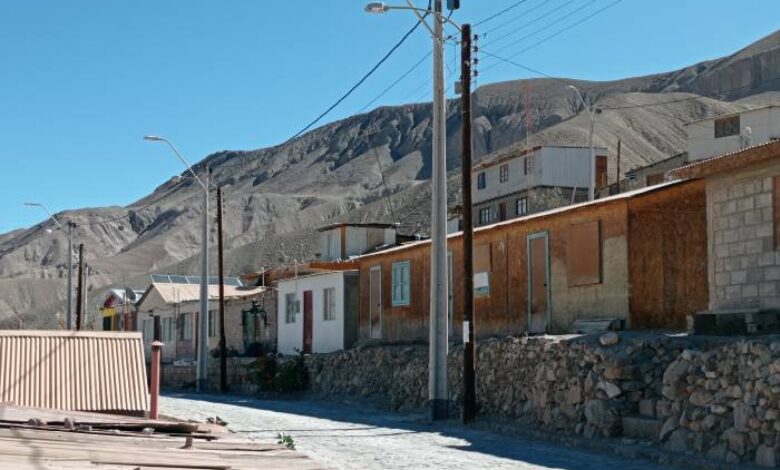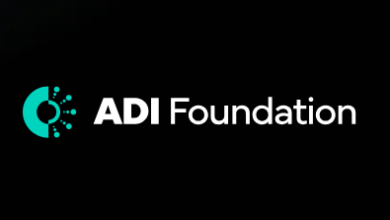Blockchain energy company partners with BHP

Australian Blockchain technology company Powerledger will be part of a landmark energy initiative in Chile after it was selected by global mining company BHP to undertake one of three new sustainability projects in the country’s most remote communities.
In its first foray into South America, Powerledger has teamed up with EBP, in alliance with SER Patrimonio and the University of Queensland, to implement several new energy-saving solutions in Chile’s northern region.
In particular, the project will implement community management solutions through a solar microgrid network, a water monitoring system and sustainable solution for solid waste.
“This project seeks to increase the resilience of the most isolated communities in the northern zone of Chile, through the transfer of capacities and implementation of concrete solutions to optimize the management of resources in energy, water and waste,” said Project Director Mauricio Villaseñor from EBP.
Powerledger’s blockchain-enabled energy trading platform will form a crucial part of the project by enabling businesses within the selected communities to trade excess rooftop solar power between them.
“Solar radiation is excellent in northern Chile. But in many of the towns electricity supply is still based on diesel generators. And where solar systems have been implemented, either for electricity or water heating, they usually involve individual and isolated solutions, missing the opportunities for exchange of surpluses among residents or the potential increase in capacity for productive uses, such as tourism and local enterprises,” said Powerledger Co-Founder and Executive Chairman Dr Jemma Green.
“Our technology will for the first time give the participating communities a real insight and a say into how they produce and trade their energy.”
Dr Green added: “Powerledger has proven to be a global-leading platform with multiple applications across the residential and industrial sectors, and we’re excited to be showcasing its potential in South America.”
BHP said the project, named Kuskalla (Together in Quechua), seeks to implement technological solutions that adapt to local conditions while harnessing local knowledge and daily customs, including the use of “barter.”
“The implementation of these solutions is necessary to strengthen the resilience of indigenous communities in the area, reducing their energy and water poverty gaps, promoting local autonomy and addressing the challenges of climate change,” said Mauricio Villaseñor.
The Kuskalla project team has led several innovation projects in energy and has experience in heritage management and developing projects focused on the conservation, enhancement and safeguarding of cultural heritage.
BHP, with the support of ChileGlobal Ventures, the Fundación Chile’s venture capital area, realized an Open Call and selected the three winning projects from 197 entries using criteria including experience, technical knowledge of the implementation team, applicability of the solution and the possibilities that it will scale up nationally.
All projects will be implemented within three years. Powerledger has more than thirty projects in eleven countries including Europe, Asia Pacific and North America including some of the largest utilities, developers, validators and businesses globally.





